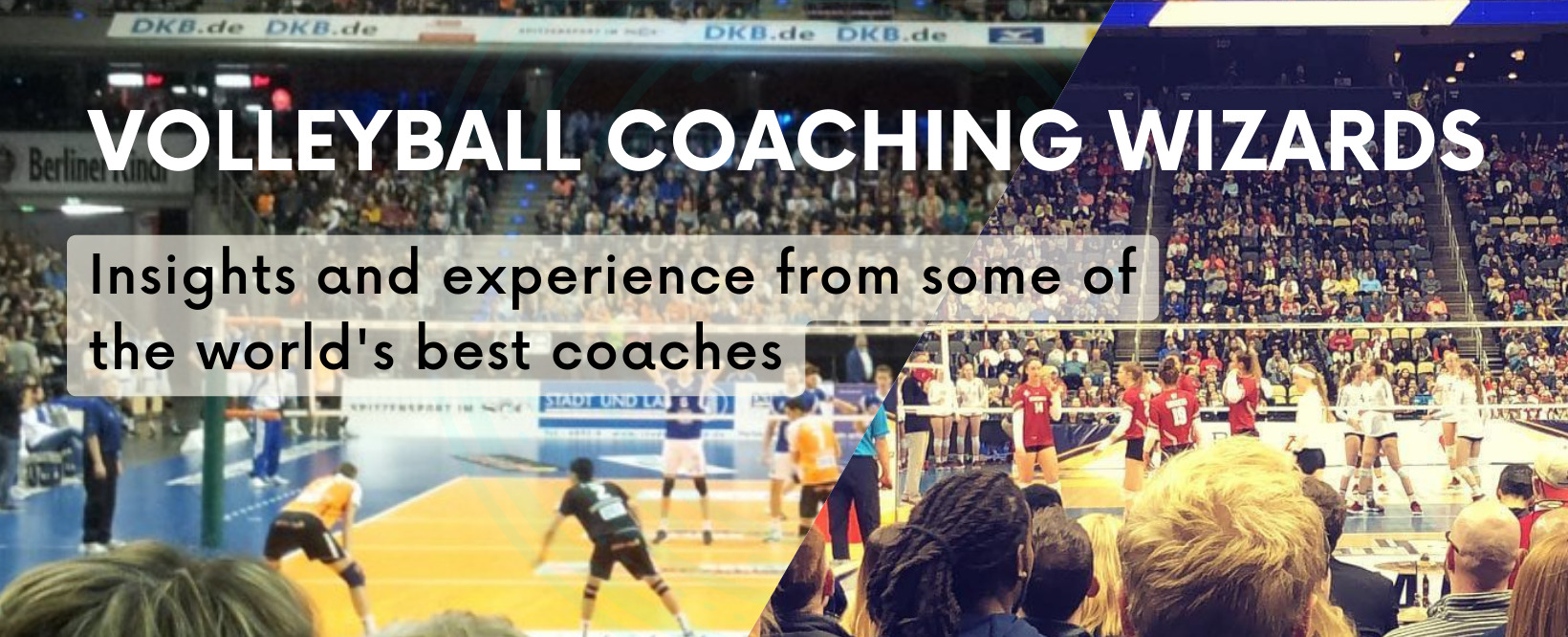There’s an interesting book titled Living on the Volcano: The Secrets of Surviving as a Football Manager, written by Michael Calvin. Obviously, it’s about soccer managers. Specifically, it has about 20 chapters, each of which features a specific manager. They come from all different levels of the professional ranks in England. It’s not an interview book, like Volleyball Coaching Wizards. Rather, it’s a series of profiles that feature some interview excerpts.
In one chapter the subject manager talks about the attitude he sees among his peers with respect to allowing others to come to your practice and observe.
‘One, you’d never invite a stranger in. Two, there’s nobody who’s actually suited to that role anyway. You can’t go to a competitor. You’ve got your courses and occasionally you’re lucky enough to get a Premier League manager who will allow you to come in, but even that’s getting more difficult now, unless you’re out of work.’
Basically, what he says is that he’d never consider inviting a manager he doesn’t already know into one of his training sessions. On top of that, no one would ever let a competitor on their training ground. No doubt you can figure out the reasons for that.
It is worth noting that this manager said former Manchester United manager Alex Ferguson was an exception. He was happy to have others come watch him at work. Though he did suggest Ferguson had an ulterior motive. He wanted to keep an eye on up and coming coaches.
What if Ferguson’s motives were not actually so selfish as suggested. What if he was just happy to help the learning process for developing managers. Could it be that his mentality is actually part of what made him great?
Our experience interviewing great volleyball coaches says it might very well be that last part. A willingness to share ideas, and to allow other coaches in their gym is a feature of our Wizards. They are happy to share, and even encourage less-experienced coaches to seek them out, to come visit them. Of course they also often share what they know via clinics and conference presentations and the like.
Why are they so open?
Clearly, part of it is an interest in giving back to the coaching community. All of them were once new coaches in their own right. They know what it’s like.
There’s also the feedback mechanism. While many visitors will just write down drills and games, and maybe ask a few questions, others will go deeper. They will challenge the coach to be able to explain their choices and justify their actions – maybe even encouraging change and adaptation. It’s part of the process of review and continuous improvement.
But what about other coaches “stealing” your ideas?
First of all, how many truly unique ideas exist in coaching? Pretty close to zero. Further, just because someone sees what you do in your gym, it doesn’t mean they can replicate that in theirs. We all have unique situations.
So, be open to allowing others in your gym and don’t be shy about asking to go visit others.






 Last week, in conjunction with the NCAA Division I semifinals and final, was the
Last week, in conjunction with the NCAA Division I semifinals and final, was the 
